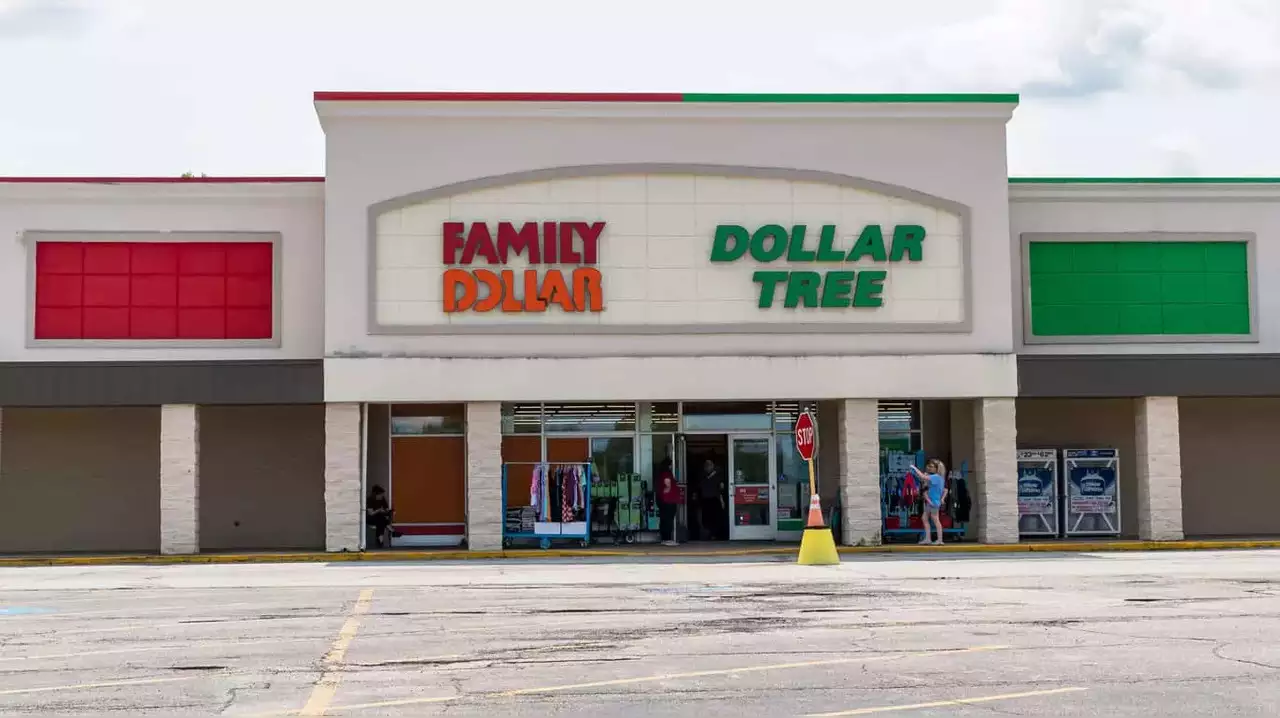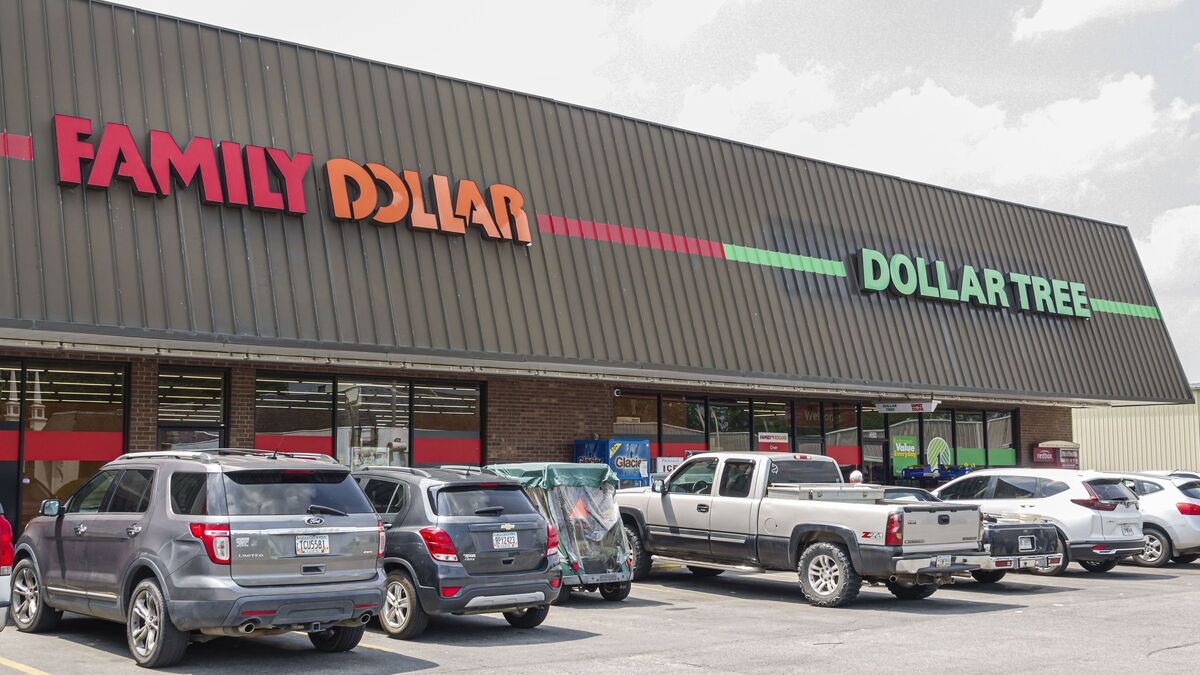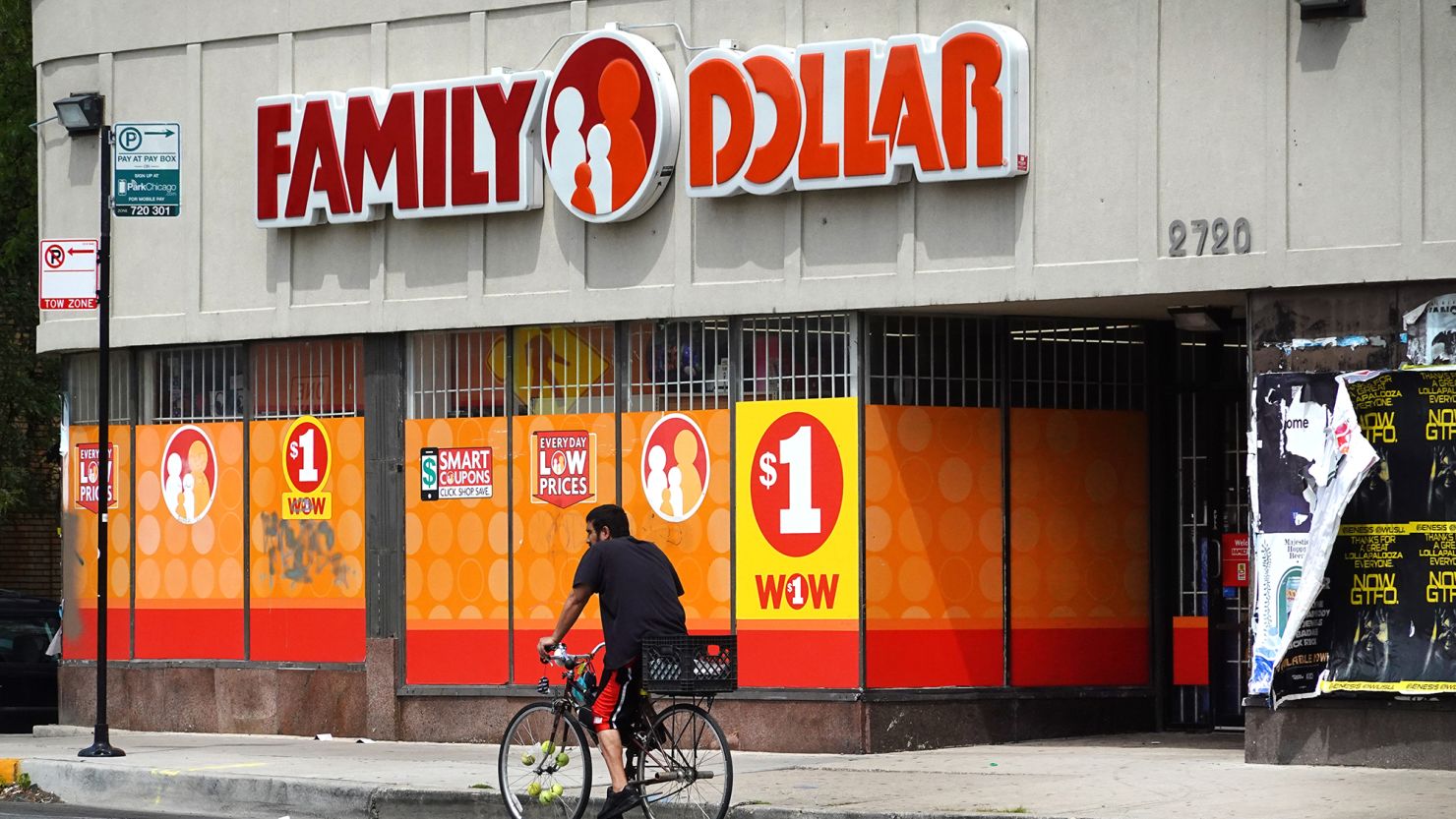In a move that signifies a major shift in the retail landscape, Dollar Tree, the parent company of Family Dollar, has announced the closure of 600 Family Dollar stores across the United States. This decision comes after a year marked by significant underperformance, shedding light on the challenges and transformations within the discount retail sector.
A Strategic Shift for Dollar Tree and Family Dollar
“While we are still in the early stages of our transformation journey, I am proud of what our team accomplished in 2023 and see a long runway of growth ahead of us,”
Rick Dreiling, Chairman and Chief Executive Officer of Dollar Tree, revealed the company’s strategic direction amidst these closures. His optimism for 2024 reflects a pivotal moment for the company as it embarks on accelerating its multi-price rollout at Dollar Tree and enhancing profitability at Family Dollar.

The retail giant has been tight-lipped about the specific locations destined for closure, though local reports have started to piece together the puzzle. From Middletown, New Jersey, to Wichita, Kansas, communities are bracing for the impact of these shutdowns. As stores wind down operations, many have slashed prices to clear out inventory, offering consumers one last bargain hunt.
Community Impact and Consumer Reactions
The announcement has sparked a mixture of concern and nostalgia among consumers, particularly in areas where Family Dollar stores have served as community staples. For instance, the closure of the East Liverpool, Ohio, location not only marks the end of an era but also triggers economic and social ripple effects in the community.
Similar stories unfold in towns from Lynchburg, Virginia, to Clearwater, South Carolina, where Family Dollar stores have been more than just retail outlets; they have been integral to the local economy and social fabric.

Despite the wave of closures, Dollar Tree’s growth narrative continues with the opening of 641 new stores in the previous financial year. This expansion underscores the company’s strategic realignment and its commitment to serving a broader customer base.
A notable development in this trajectory is the opening of a new Family Dollar store in Rochester, New York, signaling the brand’s enduring presence and adaptability.
Dollar Tree is closing 600 Family Dollar stores in the US, and the locations are emerging https://t.co/KLGPbVbgff
— USA TODAY (@USATODAY) March 23, 2024
Reflecting on a Transformative Journey
“a transformational opportunity”
The acquisition of Family Dollar by Dollar Tree in July 2015 marked a transformative phase for the discount retail sector. Bob Sasser, CEO at the time of the acquisition, described it as enhancing merchandise assortments and offering greater value to customers.
Today, as Dollar Tree operates over 16,000 stores across North America, its journey reflects the evolving dynamics of discount retailing amid changing consumer preferences and economic challenges.

As communities say goodbye to their local Family Dollar stores, the narrative is not solely about closure and loss. It’s a broader story of adaptation and strategic shifts in the retail industry, pointing to a future where discount retailers like Dollar Tree and Family Dollar continue to play a crucial role in offering value to consumers across North America.










